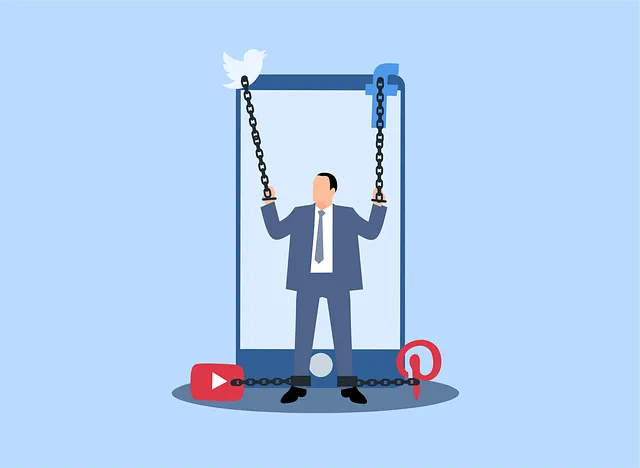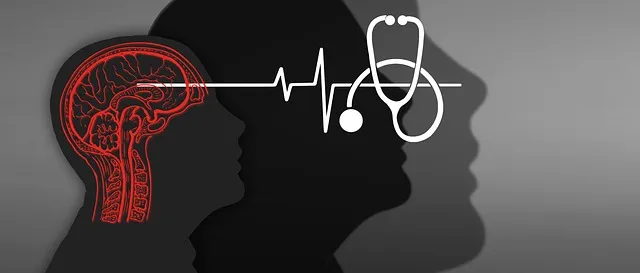The Littleton Kaiser Permanente mental health access center addresses stress through self-awareness, mindfulness techniques (meditation, breathing exercises), physical exercise, Cognitive Behavioral Therapy (CBT), and healthy lifestyle choices like diet and sleep. They offer workshops and coaching programs emphasizing self-care, especially for professionals, to improve overall well-being and resilience.
Stress reduction is a vital aspect of maintaining optimal mental well-being, and the Littleton Kaiser Permanente Mental Health Access Center offers valuable insights. This comprehensive guide explores effective methods to manage stress, from understanding its causes and common triggers to adopting practical techniques. Discover the power of mindfulness, the benefits of physical exercise, and the transformative potential of Cognitive Behavioral Therapy (CBT). Additionally, learn about healthy lifestyle choices that can enhance your overall mental resilience.
- Understanding Stress: Causes and Common Triggers
- Mindfulness Techniques for Daily Relaxation
- Physical Exercise: The Role in Stress Mitigation
- Cognitive Behavioral Therapy: Shaping Positive Thinking
- Healthy Lifestyle Choices for Optimal Mental Well-being
Understanding Stress: Causes and Common Triggers

Stress is a complex response to various internal and external factors that can significantly impact our mental and physical health. The bustling lifestyle, demands of work, financial pressures, or even personal relationships can act as common triggers, causing individuals to feel overwhelmed and stressed. At the Littleton Kaiser Permanente Mental Health Access Center, they understand these challenges and emphasize the importance of recognizing individual stressors. Identifying specific triggers is a crucial step towards managing stress effectively.
Whether it’s work-related deadlines, personal relationships, or health concerns, different people have unique ways of perceiving and responding to stressors. The center promotes self-awareness as a powerful tool for understanding these triggers. By acknowledging the sources of stress and implementing emotional well-being promotion techniques, individuals can build inner strength and improve their self-esteem. This proactive approach is essential in navigating life’s challenges and fostering a healthier, more balanced lifestyle.
Mindfulness Techniques for Daily Relaxation

In today’s fast-paced world, stress has become an all too common companion. However, finding moments of peace and tranquility is essential for maintaining good mental health. This is where mindfulness techniques step in as a powerful tool offered by the Littleton Kaiser Permanente mental health access center. Practices like meditation, deep breathing exercises, and body scans can help individuals stay present and grounded, thereby reducing stress levels significantly. These simple yet effective practices are accessible to everyone and can be easily incorporated into daily routines for enhanced mood management.
The Littleton Kaiser Permanente mental health access center also hosts Stress Management Workshops designed to equip participants with a range of strategies beyond mindfulness. These workshops cater to the needs of both personal and professional life, emphasizing the importance of self-care in risk management planning for mental health professionals. By attending such sessions, individuals can learn to identify stress triggers and develop personalized coping mechanisms, contributing to better overall well-being and efficient mood regulation.
Physical Exercise: The Role in Stress Mitigation

Physical exercise plays a pivotal role in stress mitigation, as it triggers the brain to release endorphins, often referred to as “feel-good” hormones, which can significantly reduce feelings of stress and anxiety. This natural painkiller and mood booster not only helps in managing symptoms of depression but also improves overall mental health, making it an essential component of holistic wellness strategies available at centers like Littleton Kaiser Permanente mental health access center.
Regular physical activity is additionally proven to promote emotional well-being promotion techniques by improving sleep quality, enhancing cognitive function, and providing a healthy outlet for stress. Mental wellness coaching programs development often incorporate exercise as a key strategy, combining it with other evidence-based practices to create comprehensive solutions for those seeking anxiety relief. This holistic approach recognizes the interconnectedness of physical and mental health, ultimately contributing to a more balanced and fulfilling life.
Cognitive Behavioral Therapy: Shaping Positive Thinking

Cognitive Behavioral Therapy (CBT) is a powerful tool for reducing stress and shaping positive thinking patterns. This evidence-based approach focuses on identifying and modifying negative or distorted thought processes that contribute to emotional distress. By working with a therapist at the Littleton Kaiser Permanente mental health access center, individuals can learn to challenge and replace these unhelpful thoughts with more realistic and balanced perspectives. CBT encourages self-awareness exercises, helping people understand their triggers and develop effective coping strategies tailored to their unique needs.
Additionally, CBT integrates cultural sensitivity in mental healthcare practice, recognizing that everyone’s experiences are shaped by their background and beliefs. Therapists are trained to create a safe and inclusive environment, respecting diverse perspectives while teaching conflict resolution techniques to enhance well-being. Through CBT, individuals gain valuable insights into their thought patterns and equip themselves with skills to navigate life’s challenges more resiliently.
Healthy Lifestyle Choices for Optimal Mental Well-being

Adopting healthy lifestyle choices is a powerful tool for maintaining optimal mental well-being, as emphasized by professionals at the Littleton Kaiser Permanente mental health access center. Regular exercise, a balanced diet, and sufficient sleep are foundational elements that can significantly impact mental health. Engaging in physical activity releases endorphins, which act as natural mood boosters, helping to reduce stress and anxiety levels. A nutritious diet provides essential vitamins and minerals necessary for brain function and emotional stability. Similarly, prioritizing quality sleep allows the body to rejuvenate, improving concentration, mood regulation, and overall resilience to stressful situations.
Additionally, incorporating practices like mindfulness meditation, deep breathing exercises, or yoga into daily routines can further enhance mental clarity and emotional balance. These self-care techniques promote relaxation, improve focus, and foster a sense of calm, serving as effective depression prevention strategies. By integrating such habits, individuals not only strengthen their mental health but also cultivate a greater sense of confidence and overall well-being.
Stress is a universal challenge, but with the right tools, it can be effectively managed. By understanding stress triggers and adopting evidence-based methods like mindfulness, regular physical activity, cognitive behavioral therapy, and healthy lifestyle choices, individuals can significantly reduce their stress levels. For those in the Littleton area seeking professional support, the Kaiser Permanente mental health access center offers valuable resources tailored to individual needs. Combining these strategies with expert guidance from healthcare professionals can lead to lasting improvements in mental well-being.






